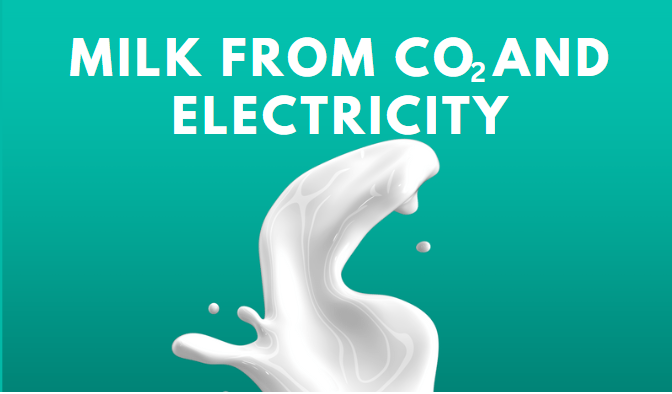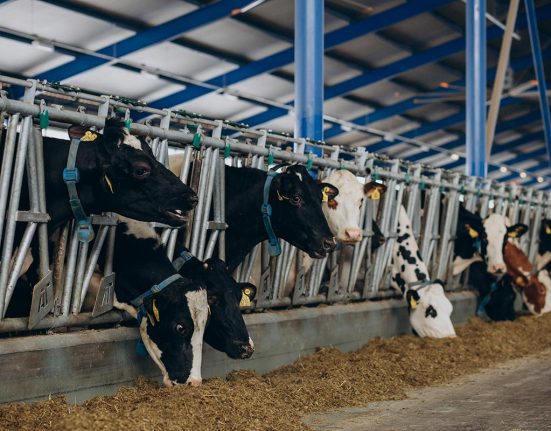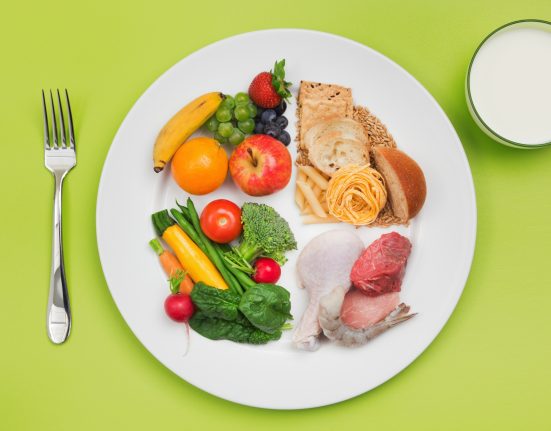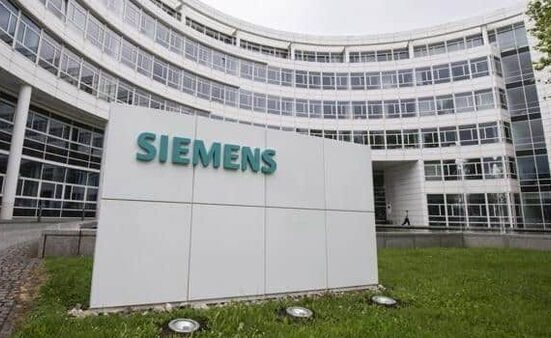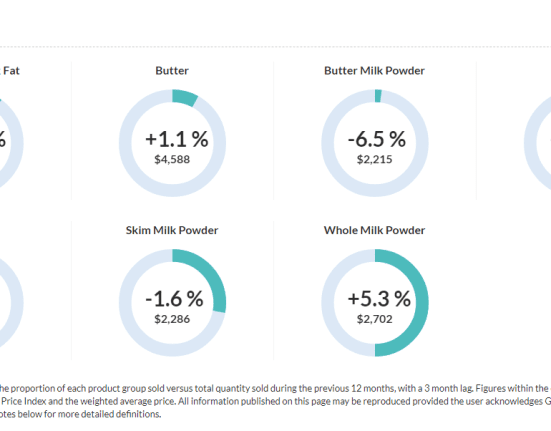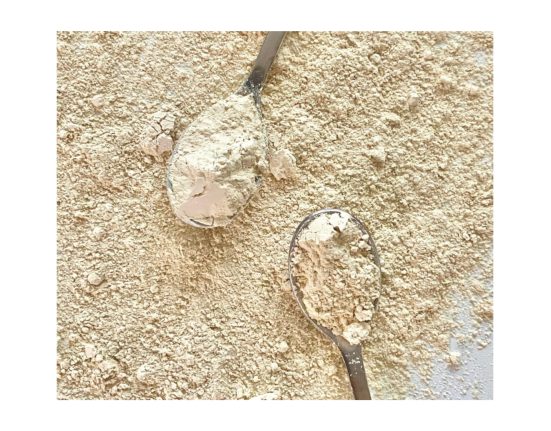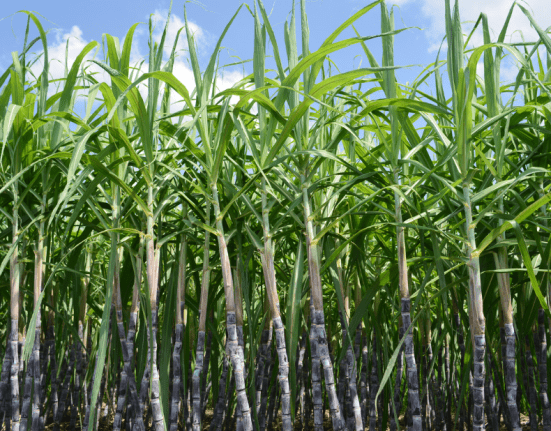Introduction: In a visionary move towards sustainable and innovative food production, the European Innovation Council (EIC) has selected a project out of 440 proposals for investment, paving the way for groundbreaking changes in the dairy industry. The chosen project, Hydrocow, is poised to revolutionize dairy protein whey production, eliminating the need for cows and reducing the carbon footprint.
I. The Hydrocow Initiative: Producing Dairy Protein Whey Without Cows
A. Project Leadership and Collaboration – Solar Foods: Leading the “food from air” technology – Consortium Partners: University of Groningen, RWTH Aachen University, and FGen
B. Key Objective: Transforming CO2 and Hydrogen into Milk Protein – Precision Fermentation Approach – Eliminating Reliance on Traditional Agriculture
C. Initial Focus: Beta-lactoglobulin, a Core Whey Protein Component
II. Environmental Impact and the Need for Innovation in Dairy Production
A. High Carbon Emissions in Traditional Dairy Production – Comparable to Leading Fossil Fuel Companies
III. Precision Fermentation: A New Approach to Dairy Protein Production
A. Hydrogen-Oxidizing Organism Utilization – Contrasting with Conventional Precision Fermentation
B. Hydrogen and CO2 as Key Ingredients – Replacing Carbon from Agriculture
IV. Consortium Expertise and Contributions
A. Solar Foods: Supplying Core Microorganism
B. University of Groningen: Specializing in Microbe Modification
C. FGen: High-Speed Screening System for Optimal Modifications
D. RWTH Aachen University: Expertise in Metabolic Modelling and Protein Production Maximization
V. Budget and Project Phases
A. Total Budget: €5.5 million B. Design-Build-Test Cycle – Metabolic Model Design – Genetic Modifications – High-Speed Screening – Validation by Solar Foods
Conclusion: Dr. Arttu Luukanen, SVP at Solar Foods and project coordinator, expresses optimism about the potential of Hydrocow, emphasizing that it could lead to truly groundbreaking technology for the food industry. The consortium is grateful for EIC funding and eagerly anticipates embarking on this innovative journey toward sustainable dairy production.

